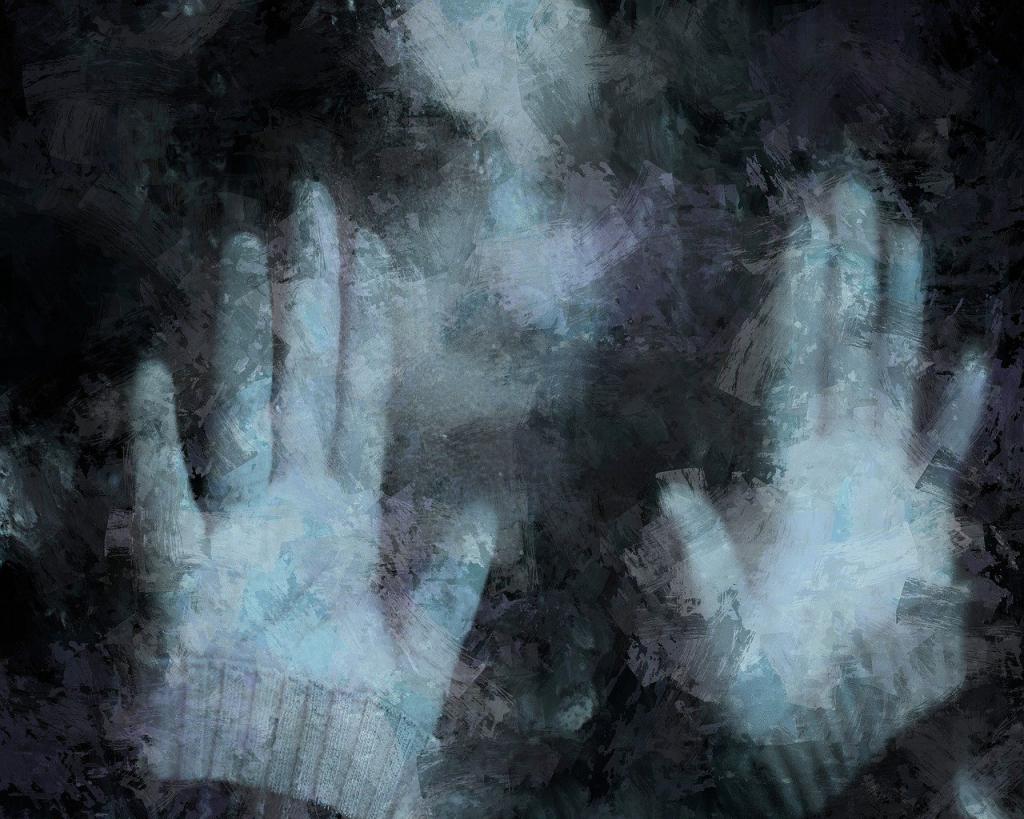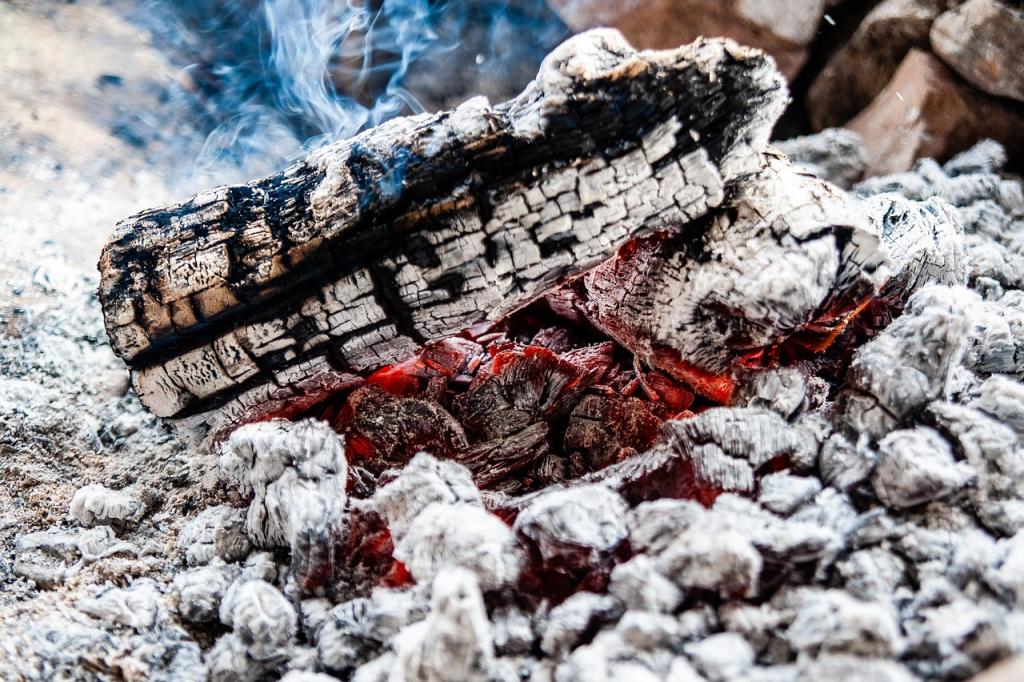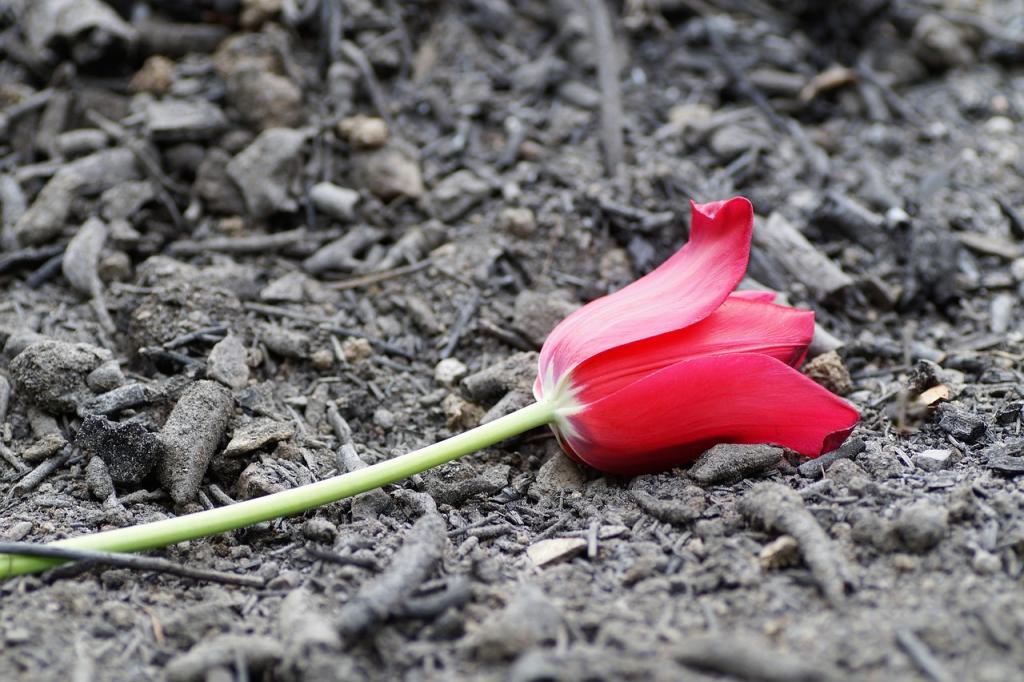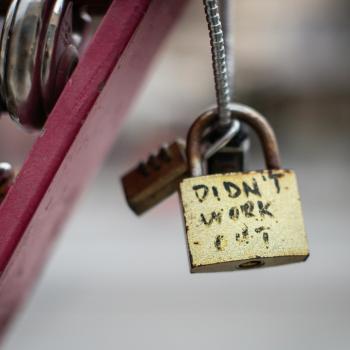
We are all wounded. All. Of. Us. I’m not bringing this up to minimize my poor choices or anyone else’s foolish actions, but we all are broken, and, as a result, we hurt others. We all walk with a limp in the darkness at times. We all have titled halos. I agree with Chris Rollman who wrote, “The entire Christian narrative is based on human failure . . . and the saga to bring redemption to failing humanity back into a relationship with God.” And the good news is finding hope is possible because of Jesus.
Of course, we’d rather live on a mountaintop of life’s experiences while soaking in the sun and a panoramic view. But what do we do when we find ourselves in a desolate valley? Sadly, emotional and relational valleys are devastating, and we’ve all been there at least once.
And it is a gloomy fact that valleys are sometimes dark and challenging.
- No one wants to get diagnosed with cancer.
- No one chooses to lose a child or grandchild.
- No one gets married planning on divorce. We all want the “happily ever after” story.
Nevertheless, life often happens in many unexpected and challenging ways. I am a cancer survivor. I lost my first grandson many years ago. And after over forty-seven years, my first marriage ended shockingly and excruciatingly.
But whether you’re the victim or victimizer, the wounded or wounder, you can’t stay stuck if you want to get healthy and be whole. The secret to your survival is not to ignore or deny your humanity but to own it, confess it, and keep moving.
Valleys happen.
Sin happens.
We fail.
We all go the wrong way from time to time.

Image by Joe from Pixabay
But failure doesn’t have to be the end of our story.
For thousands of years, David’s sin with Bathsheba and his murder of her husband has been a lesson of God’s grace and mercy. David’s heartfelt plea for grace in Psalm 51 shows the brokenness of the greatest king following his greatest failure.
Yet, from the worst thing David ever did, God demonstrated that no life is beyond His work of redemption, restoration, and renewal. God can take your failures and the vilest things in your life and turn any “mess into a miracle.” He can restore and use those who think they are beyond God or hope.
David never forgot his failure. He lived the rest of his life aware of what he did. And countless millions have read his story and thought, “If God can love and bless a mess like David, then maybe there is hope for my life, too.” And there is hope for you and me.
T.D. Jakes once said, “Creation comes out of our chaos.” In other words, God does some of His best work in the darkness. Whether it is the darkness that once covered the earth or the darkness that consumed a tomb, God is always working, and He always has a plan.
A not-so-random question . . .
Can anything good come out of the dark ashes of a destroyed relationship or broken life?
Bear with me as I compare ash and our hearts. Here is what Wikipedia says about ashes, “Some ashes contain natural compounds that make soil fertile. Others have chemical compounds that can be toxic but may break up in soil from chemical changes and microorganism activity. Like soap, ash is also a disinfecting agent.”
In essence, whether ash is good or bad has much to do with its chemical makeup, which got me thinking. When I burn something down, like a relationship or marriage, whether the burnt remains can be used for anything good or not is an internal issue. In other words, it depends on what is in the ash. If microorganisms can convert toxic ash to usable ash, am I allowing the work of the Holy Spirit to transform me?

Image by John Lee from Pixabay
How is your heart?
Is it full of bitterness or forgiveness? Is your soul filled with toxicity, or is it tender? Are you angry and anxious, or trusting Jesus and walking in peace?
When the Apostle Paul said, “God works all things together for the good of those who love Him” (Romans 8:28), I think he meant that nothing is beyond God’s redemptive and restorative work if we love and cooperate with Him. And all means all, including the ashes and rubble we cause through our sins.
So, whether you are the one who was burned or the one who did the burning, never forget that hope is sometimes found in the darkest and messiest of places. A seed of new life can grow amidst the foulness of our failures.
Interestingly, ash can also be used as a cleansing agent. And I know my soul has been cleansed this past year in ways I did not imagine possible. Once again, I never tire of reminding you that perspective matters. How you view that pile of ashes has everything to do with whether you move forward in hope or not.
Fallen Leaders
Unfortunately, I can name a dozen or more men who were once great leaders but failed morally, and now some are selling used cars for a living.
When people we respect and revere let us down, we feel betrayed. When pastors fall, we doubt everything they taught us and struggle with intense emotions.
- If they can’t make it, how can I?
- If they can cheat and lie, who am I supposed to trust?
- How did God use them in my life; maybe it’s all a bunch of crap?
Leaders are held to a higher standard, and people get hurt and angry when they find out leaders are far more human than we ever imagined. I’m sorry. I truly am. I wish I were more of the man and the Christian I want to be. I wish I weren’t so broken. But I am imperfect, and I am still a mess (at times). But that is not the end of my story because God has not given up on me, and He never will.
Never.
I love what C.S. Lewis once wrote, “You can’t go back and change the beginning, but you can start where you are and change the ending.” In my humble view, that is the definition of hope. Change is always possible in Christ.
It’s difficult for us, both the victims and the victimizers, to accept that nothing is beyond the reach of God’s redemptive power. We demand justice, but God knows mercy always triumphs over justice.

Image by ivabalk from Pixabay
We see trouble; God sees opportunity.
We see a mess, but God sees a potential miracle. Remarkably, though you and I may have been unfaithful to Jesus, to our spouse, families, and friends, He remains faithful to us no matter what.
So, embrace the valleys not in despair or some silly act of denial but in hope. Our failures cannot remove us from His heart; His love pursues us despite our many infidelities. We must stop placing a period where God puts a comma.
Despite what we have burned to the ground and the mess of ashes we created, Jesus is not finished with us. Not now. Not yet. Not ever.
Please leave a comment below, and let’s engage in a conversation.
You can find out more about Kurt Bubna and his writing on Twitter and Facebook. You can read more about his views and insights, both in his books and on his website.













